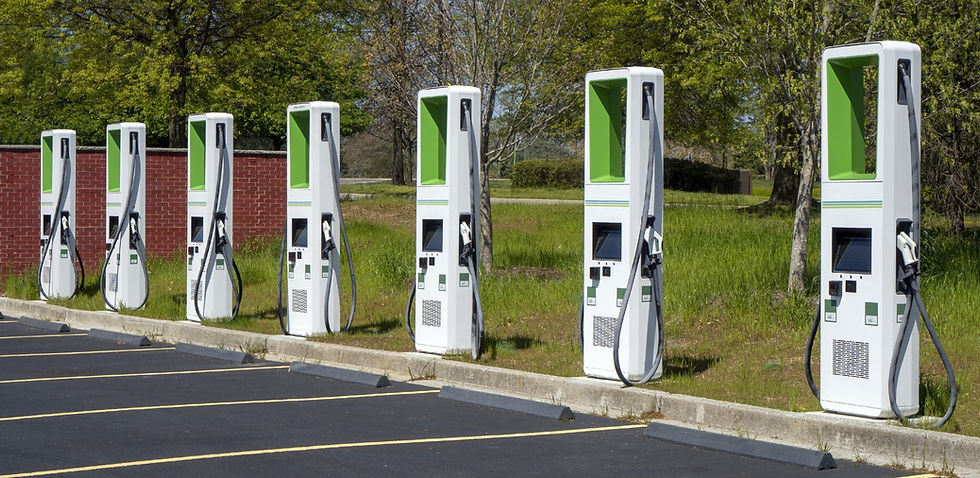The Financial Blueprint for Launching a Prosperous Carwash Venture
- michalmohelsky
- Dec 14, 2023
- 2 min read

Abstract:
The carwash sector, a burgeoning multi-billion dollar industry, is poised for significant growth. This presents a lucrative opportunity for entrepreneurs, both novices and veterans alike, to capitalize on this upward trend. This comprehensive guide aims to equip aspiring carwash owners with the knowledge to accurately estimate the financial requirements for initiating their venture in this dynamic market.
Investment Viability of Carwash Businesses
Market Insights: The North American carwash industry boasts annual revenues of about $15 billion. A notable 77% of car owners utilized professional carwash services in 2019.
Growth Catalysts: Innovations such as unlimited wash plans and quick-service exterior tunnels are propelling the industry, with a predicted CAGR of 3.2% through to 2025.
Business Model Strengths: The express carwash sector's low labor requirement and resilience in economic downturns enhance the likelihood of business success.
Tax Benefits: Under the 2017 Tax Cuts & Jobs Act, carwash businesses can fully write off equipment costs in the first year, enhancing profitability.
Estimating Startup Costs for a Carwash Business
Pre-Operational Expenses:
Planning & Permitting: Costs range between $100,000 and $400,000, depending on local regulations.
Site Acquisition: Varies widely from zero (in case of leasing) to upwards of $6 million for purchasing land or existing facilities.
Facility Construction: Expect to invest between $2.5 million to $5.5 million, influenced by location, size, and material costs.
Carwash Equipment: Costs between $1 million and $2 million, contingent on the scale and complexity of the equipment.
Working Capital: Allocate $200,000 to $500,000 for initial operational expenses.
Total Investment: The overall investment can range from $3.85 million to over $10 million, depending on various factors.
Financing Options for Carwash Ventures
Loan Opportunities:
Preparation: Gather necessary documentation for loan applications.
Loan Types: Options include conventional commercial loans and SBA-guaranteed loans (SBA 7(a) and SBA 504).
Loan Utilization: SBA 7(a) loans cover working capital needs, while SBA 504 loans are suitable for real estate development and equipment purchase.
Navigating Financing: While securing funding can be complex, partnering with experienced financial advisors like PetroCal can simplify the process. Prospective owners are encouraged to download a loan document checklist to facilitate their journey.
Conclusion: Entering the carwash industry involves a detailed understanding of various costs and financing options. With strategic planning and the right resources, entrepreneurs can successfully navigate this lucrative industry, turning aspirations into profitable realities.
Source: Reuven Birnkran, Petrocal Associates, MMCG




Comments